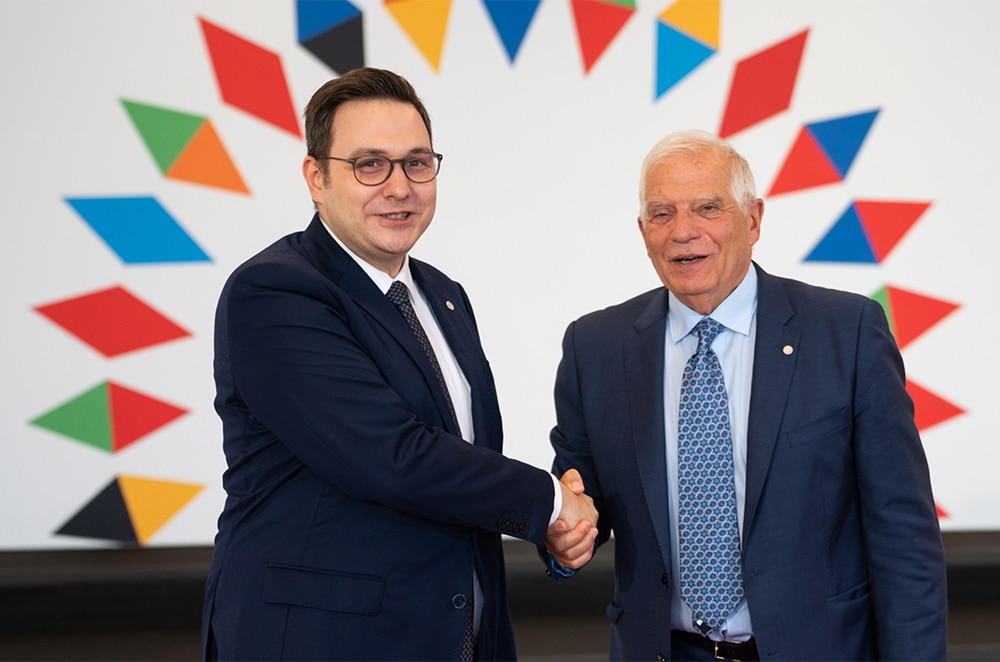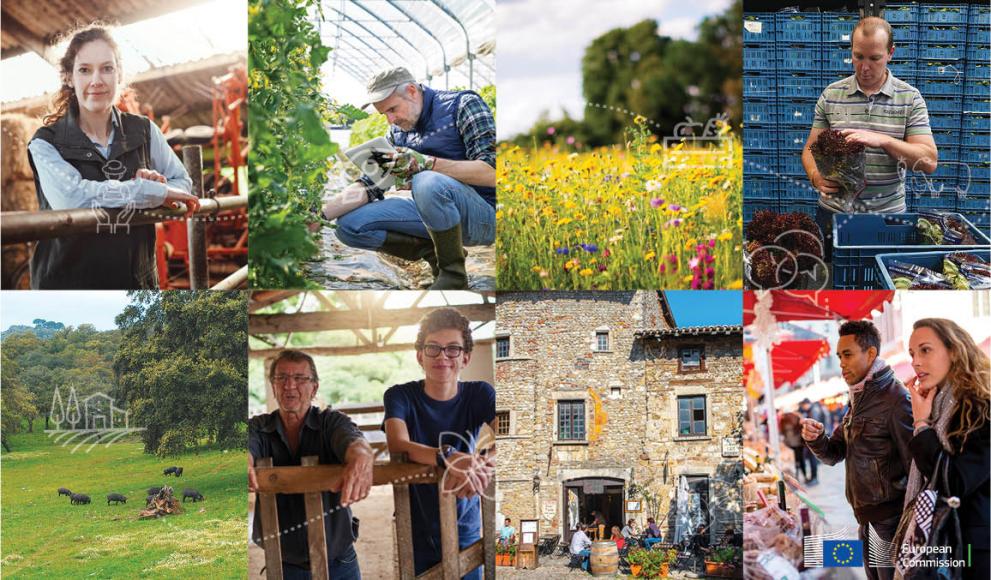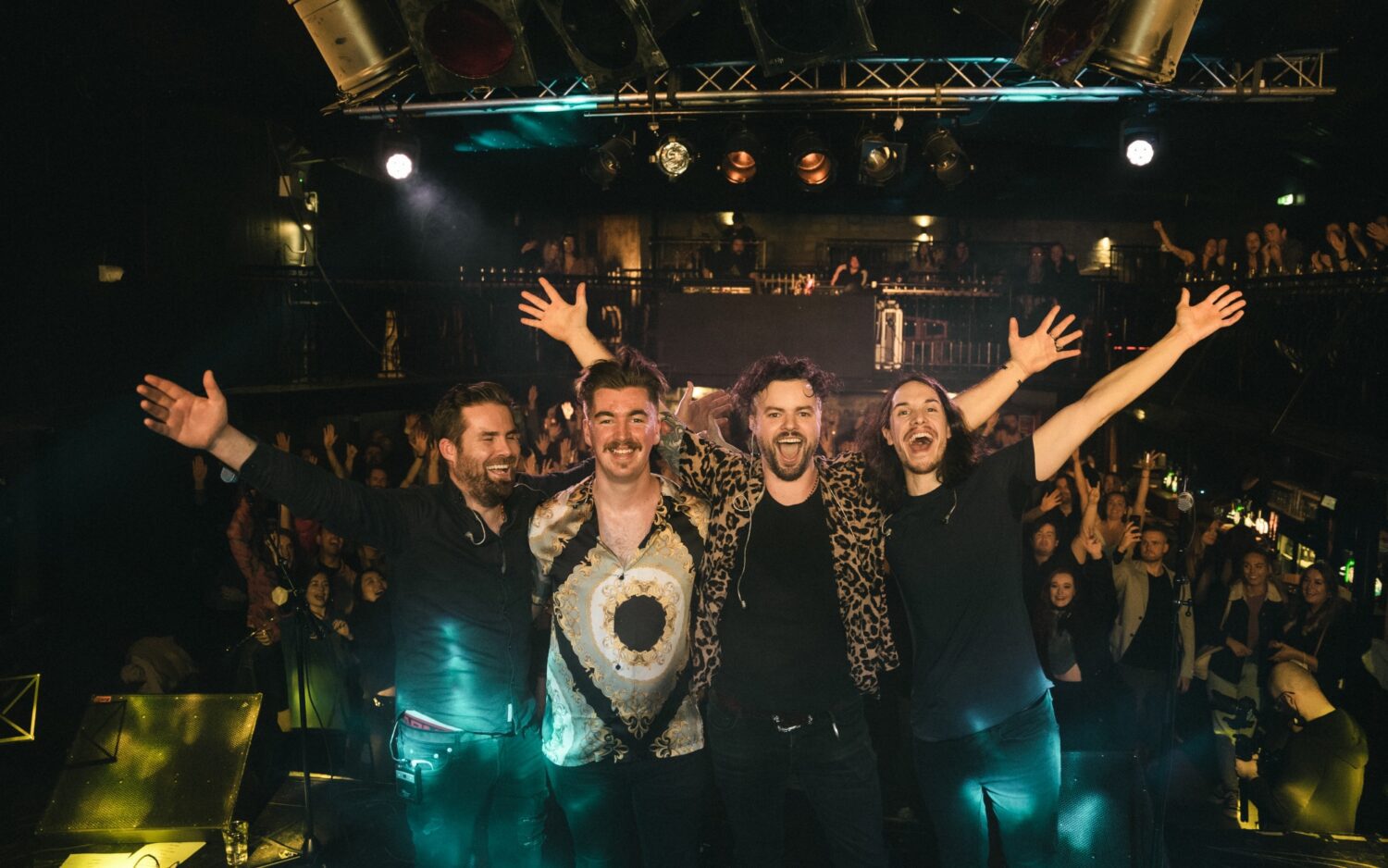What are the expectations of the World Council of Churches and local authorities for the General Assembly in Karlsruhe which opens today, 31 August, and runs until 8 September? Here are the answers of some personalities at the first press conference. Three words seem to me to sum them up: encounter, dialogue and reconciliation.
Agnes Abuom, moderator of the WCC Central Committee, expects that the Karlsruhe meeting will allow the “celebration of the Creator and of Life”. May people welcome each other by listening to each other and may what will be lived here help her to live better in her church and her country! She emphasised the importance of listening to the people of indigenous peoples. She was indeed marked by the preparatory assembly dedicated to them.
Bishop Mary Ann Swenson of the Lutheran Church USA, vice moderator of the same committee, hopes that this assembly will enable us to be more perfect in love and to grow in discipleship. “We want to live an ecumenism of the heart, so that people can say, like the first Christians, ‘look how they love each other’, because there is so much violence in the world”
For Romanian Orthodox Metropolitan Nifon, another vice-moderator, an assembly is an opportunity to share the joys and sorrows of the Christian faith. The progress of visible Christian unity is his main expectation, but the sufferings of this world must not be neglected. “To alleviate them we must be united. Human elements may divide the churches, but the churches must work to express the faith that unites them, not just what distinguishes them from one another”.
Orthodox theologian Ioan Sauca, acting general secretary of the WCC, is convinced that the encounter between Christians is indispensable. “We do not have to wait until we agree on all points of doctrine to act together on today’s burning issues and in the new geopolitical reality. Churches are part of this divided world. They have to bear witness to reconciliation and unity. When the world looks at us, it looks not at our theology, but at what we can do together so that it can believe”.
Asked about the WCC’s relationship with the Russian Orthodox Church, which supported the war in Ukraine, he recalls that the WCC is a platform for dialogue. That is why its central committee, in its meeting last June, decided not to suspend it. (read my article here: https://www.reformes.ch/blog/martin-hoegger/2022/06/why-did-world-council-churches-refuse-suspend-russian-orthodox-church) He was pleased that young Ukrainians and Russians who participated in the youth assembly were eating together, despite political and social divisions.
To another question about the impossibility of taking the Lord’s Supper (or Eucharist) together, he stressed the importance of having a common Christological and Trinitarian faith – as indicated by the WCC’s theological basis – and criticised theological relativism.
Bishop Petra Bosse-Huber of the Protestant Church in Germany (EKD) and chair of the local committee hopes that the message of the assembly will be “God loves life, so he needs us”. She recalls that German churches were invited to participate in the WCC’s first assembly in 1948, in the aftermath of the war provoked by her country. Today, what about the Russian Orthodox Church?
Bishop Heike Springhart of the Protestant Church of Baden calls for dialogue on current issues, not only on the stage, but also in the street. “May we share stories of reconciliation as our parents did after the Second World War”.
The Catholic Archbishop of the region, Stefan Burger, hopes that this assembly will lead to trusting relationships, which are the prerequisite for good ecumenical relations.
Finally, for the mayor of Karlsruhe Frank Mentrup, it is a great honour to host this assembly. “May it be a celebration of the Christian faith in global diversity! May the dialogue that will be lived in this assembly be an example for other religions and the whole of society and may this meeting help us to develop a spiritual understanding of the need for dialogue,” he said.
This first rich day saw the visit of the President of the German Federal Government, as well as remarkable talks by President Abuom and Secretary General Sauca, and interventions by representatives of the Jewish and Muslim communities. It ended with a joyful ecumenical celebration. I will come back to this in the next article.
Martin Hoegger – [email protected]
Image: Opening prayer of the Assembly














